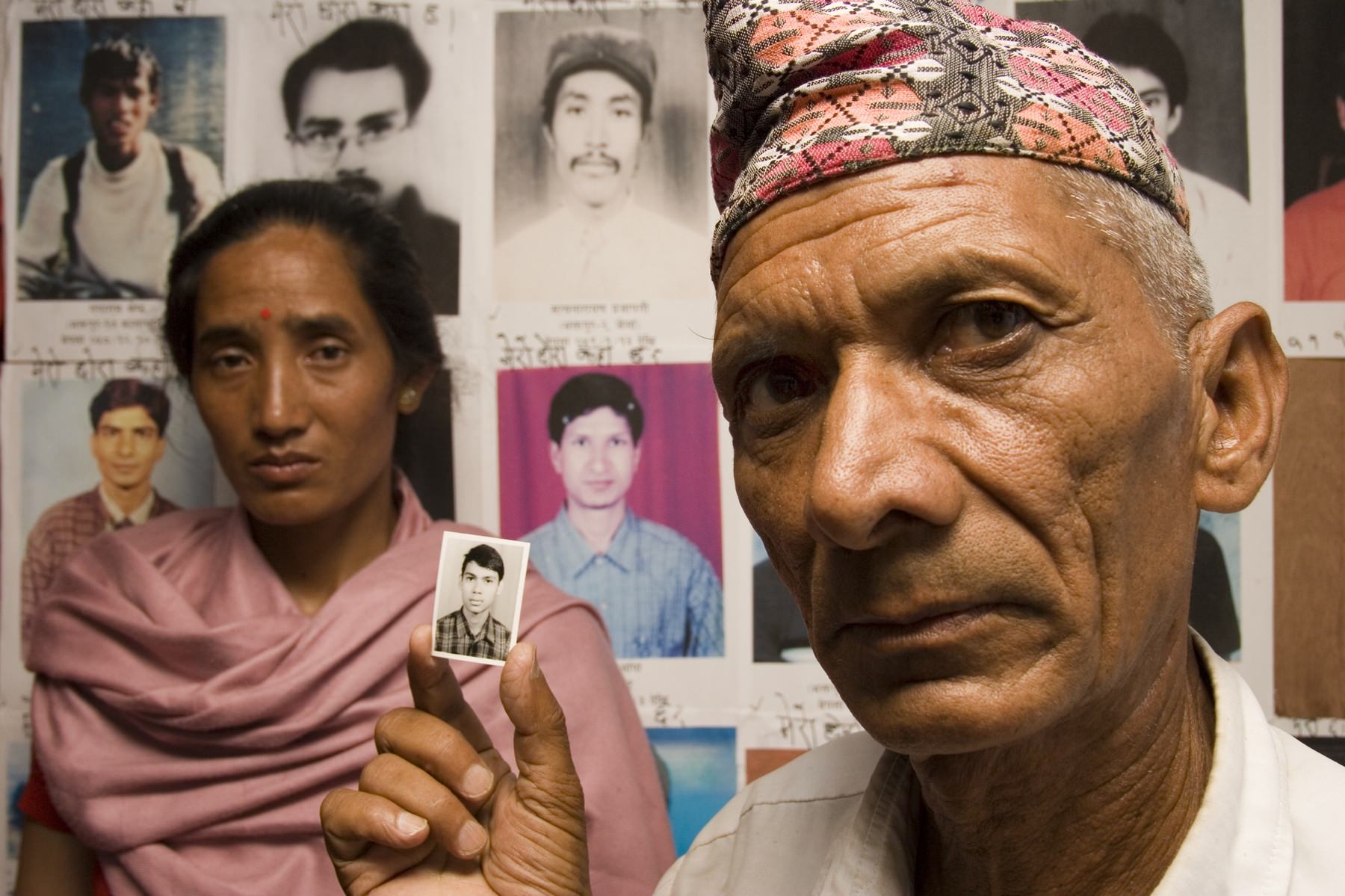What is enforced disappearance?
As the name suggests, enforced disappearance is the act of making someone disappear against their will, often suddenly. It therefore refers to the arrest, detention or abduction of a person, followed by a refusal to acknowledge the fate of that person.
The agents of a repressive State often perpetrate this crime, which, with complete impunity, “gets rid” of people that it considers a “nuisance”: no arrest warrant, no charge, no prosecutions. Outside the protection of the law, the victims find themselves in a situation of utter vulnerability and is especially at risk of being tortured or executed with complete impunity.
The uncertainty inherent to enforced disappearance makes it a crime that is distinct from confinement or extrajudicial execution: the families’ feelings swing between hope and disillusionment, which equates to true psychological torture.
Enforced disappearance in international law
Enforced disappearance is a serious violation of human rights. Systematically perpetrated against civilians, it is considered a crime against humanity.
The International Convention for the Protection of All Persons from Enforced Disappearance (2010) compels States to fight enforced disappearance on their respective territories. In particular, it affirms the right of individuals to know the fate of their disappeared relatives, and to obtain justice and reparation.
Other relevant international instruments concerning the enforced disappearance of persons are:
Enforced disappearance is a violation not only of the rights of the direct victim, but also those of his or her relatives. That is why international law recognizes that, just like the disappeared persons, families are full victims too. Sudden separation, a lack of news, uncertainty and fear of reprisal makes the mourning of a loss impossible and causes indelible suffering.

TRIAL International defends victims
The relatives of disappeared persons usually turn to their country’s authorities to obtain justice, but their efforts are often made in vain as they do not manage to shed light on the fate of their disappeared relatives. This is when TRIAL International provides them with full legal assistance and, if they so wish, submits their cases to international human rights bodies:
While referring cases to international justice systems rarely allows disappeared persons to be found, a favorable decision is a way of acknowledging the suffering that relatives have endured. It also entitles them to reparation and puts the State has in front of its international obligations.

